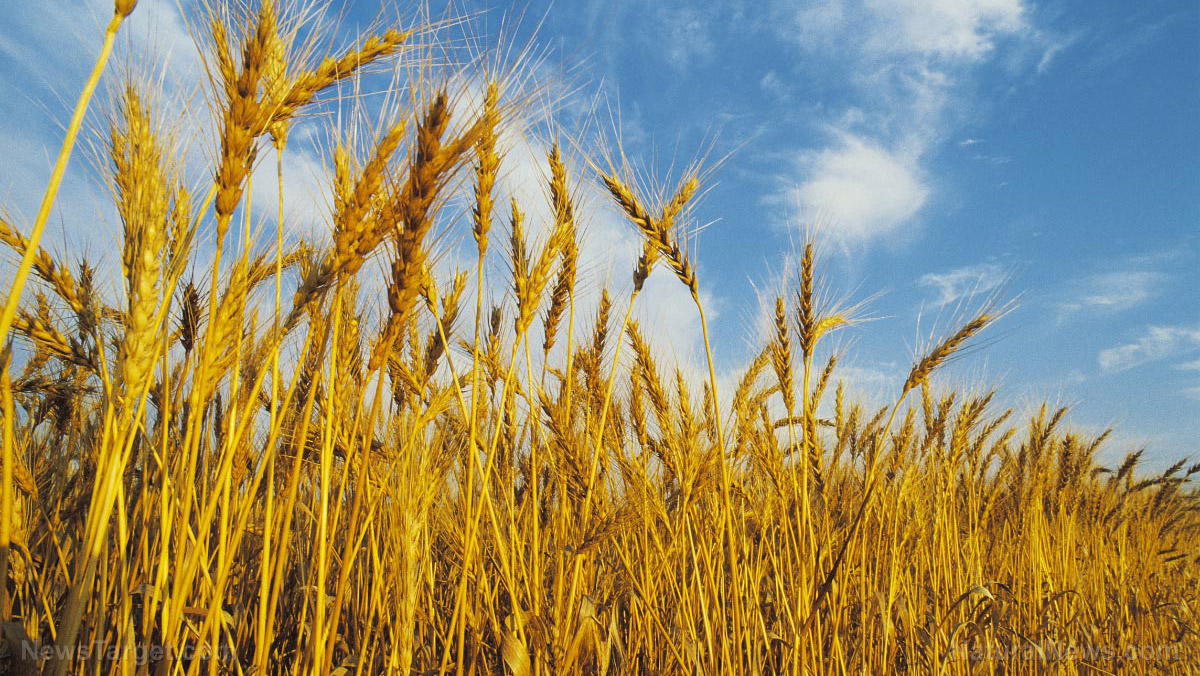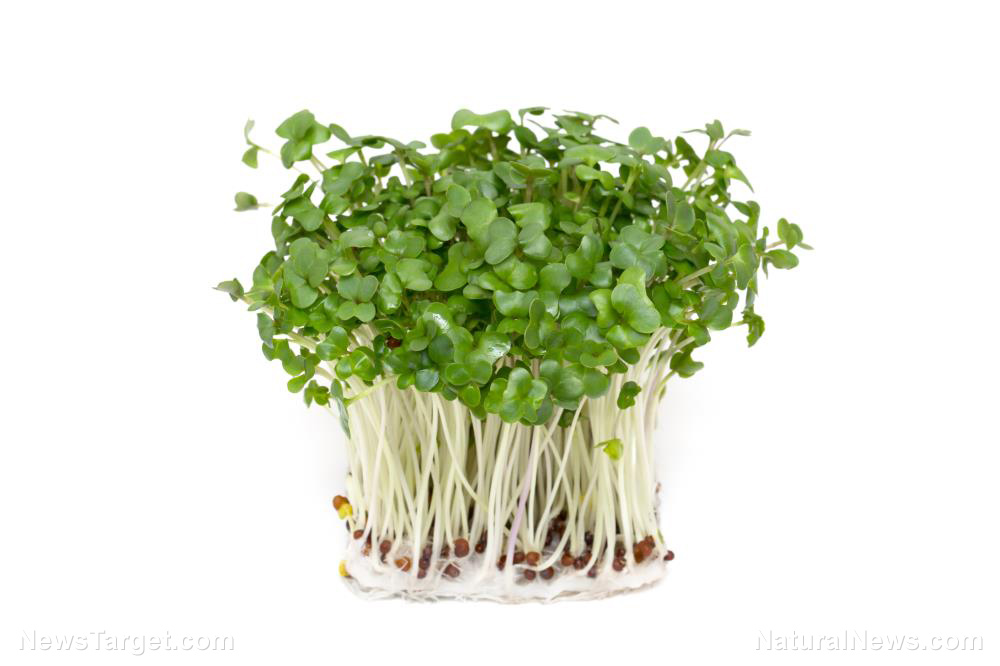Food shortages about to hit Canada due to coronavirus
03/30/2020 / By Ethan Huff

Believe it or not, agriculture isn’t necessarily considered to be an “essential service” in Canada right now. And the food sector there has issued a dire warning that if this doesn’t get changed, our neighbors to the north will face unprecedented food shortages, not to mention much higher prices at the supermarket.
While the Canadian government has assured the public that food supplies are secure, many Canadians are noticing that some staple grocery items are already in short supply. And with no known timeframe for the Wuhan coronavirus (COVID-19) pandemic to end, this situation is likely to worsen, which is causing worry and panic.
“We’re in unknown territory,” says Todd Hames, president of the Alberta Wheat Commission. “We have concerns about potential problems. That’s why we need to have governments recognize that farming is an essential service supplying food for the world.”
Not only do farms need to stay open, Hames warns, but so do railways, fuel stations and manufacturers, and various farm implements, all of which are critical parts of the supply chain. And with spring seeding just weeks away, the Canadian government needs to recognize the value of each of these things or else millions could starve.
Keep in mind that many Canadian agriculture products end up being imported to the United States, which means Americans could suffer, too. And they likely will if something doesn’t change quickly, as there are already delays getting grain to market due to strikes and rail blockades.
“Just when prices were starting to see our seasonal rallies in the spring, coronavirus hit,” Hames laments. “It’s just all gone to hell in a handbasket. Who knows what we’re in for this year?”
Listen below to The Health Ranger Report as Mike Adams, the Health Ranger, talks about how people need to really start thinking beyond the grocery store to growing their own food, if possible, at home:
Three-quarters of Canada’s beef and live animal exports come to the U.S.
If you think this Canadian food crisis won’t affect us here in America, think again. While we do grow a lot of our own food, including meat, most of Canada’s beef and live animal exports come here, while the rest is distributed among 55 other countries.
A whopping 75 percent of Canada’s $3.7 billion meat exports are shipped right here to our country, which means if they suffer a food crisis, so will we. Thankfully, the U.S.-Canadian border is still open to food transfer, just so long as there’s food to actually transfer.
But the bigger worry in all this is Canadians getting enough food for themselves, which remains an unknown due to the Canadian government’s reluctance to provide clarity about the situation.
“We’ve had good assurance that we’re going to be able to keep the plants up and operating at capacity,” says Dennis Laycraft, executive vice president of the Canadian Cattlemen’s Association.
Laycraft further explains that the beef industry has been working with Agriculture Canada and the Canadian Food Inspection Agency in recent days to ensure that all meat-packing plants remain open as a vital and essential service for the sustenance of not only the industry but also the Canadians who rely on it for food.
As for fruits and vegetables, that industry is also working to ensure that proper protocols are in place for its workers, many of whom are temporary foreign workers.
“We have to have some protocols that make sense,” says Bill George, chair of the Ontario Fruit and Vegetable Growers’ Association. “We view it as an essential service, but sometimes it would be very hard to maintain the six feet minimum separation that they want.”
More of the latest news about the Wuhan coronavirus (COVID-19) is available at Pandemic.news.
Sources for this article include:
Tagged Under: agriculture, beef, Canada, China, Chinese Virus, coronavirus, covid-19, disease, essential service, essential servies, food, food supply, global emergency, Global Pandemic, groceries, harvest, infection, meat, novel coronavirus, outbreak, pandemic, survival, virus, Wuhan, Wuhan coronavirus



















